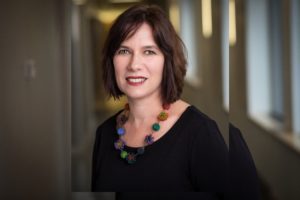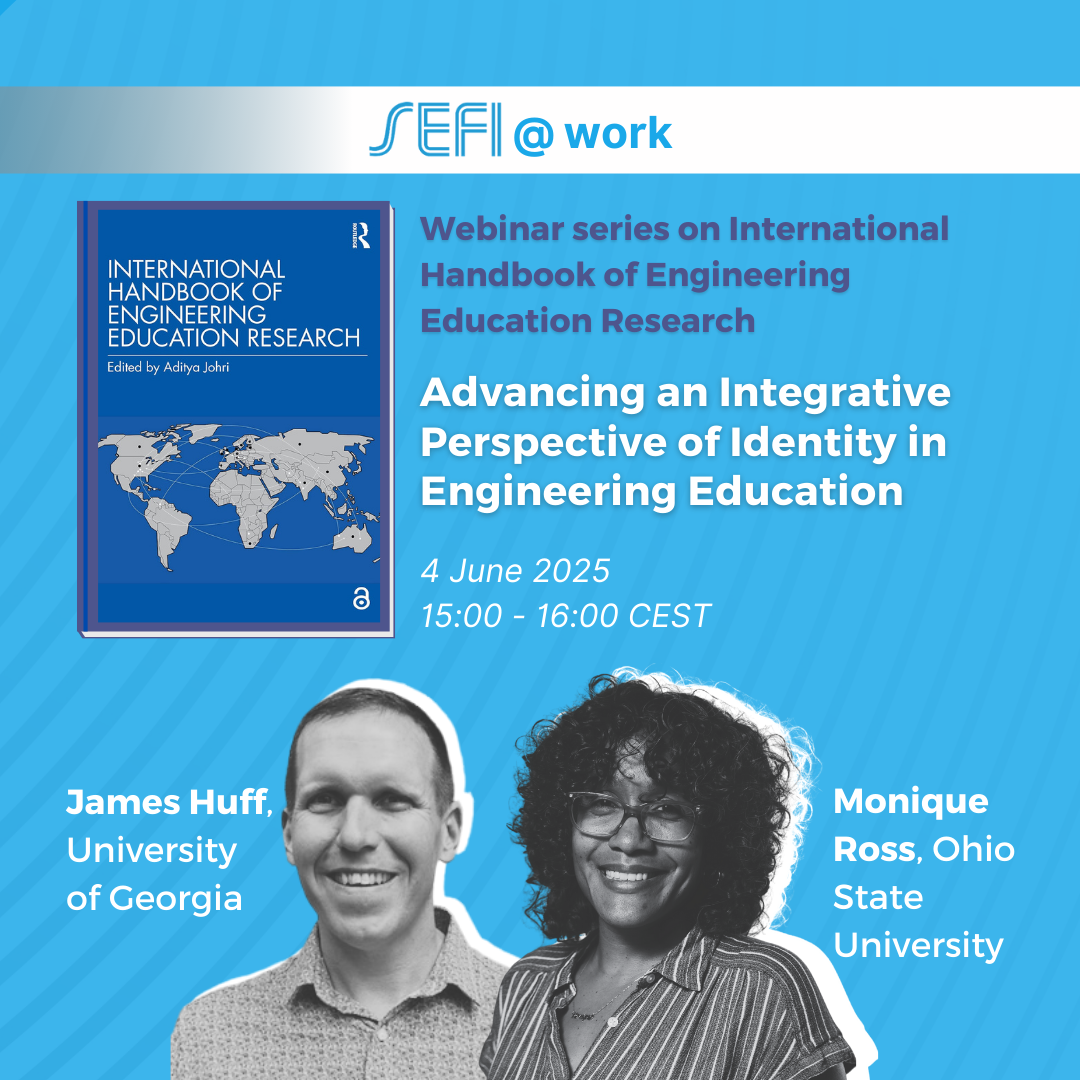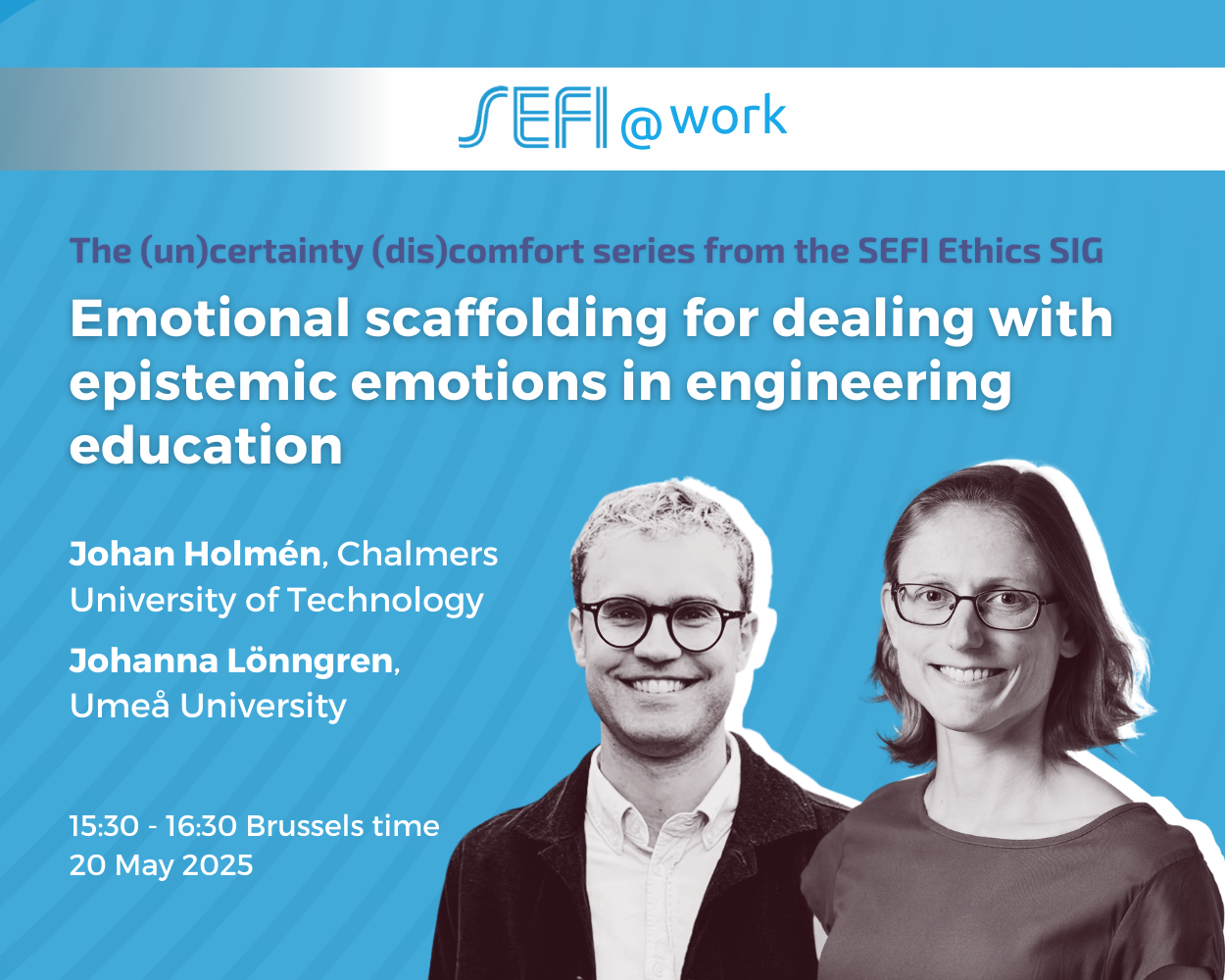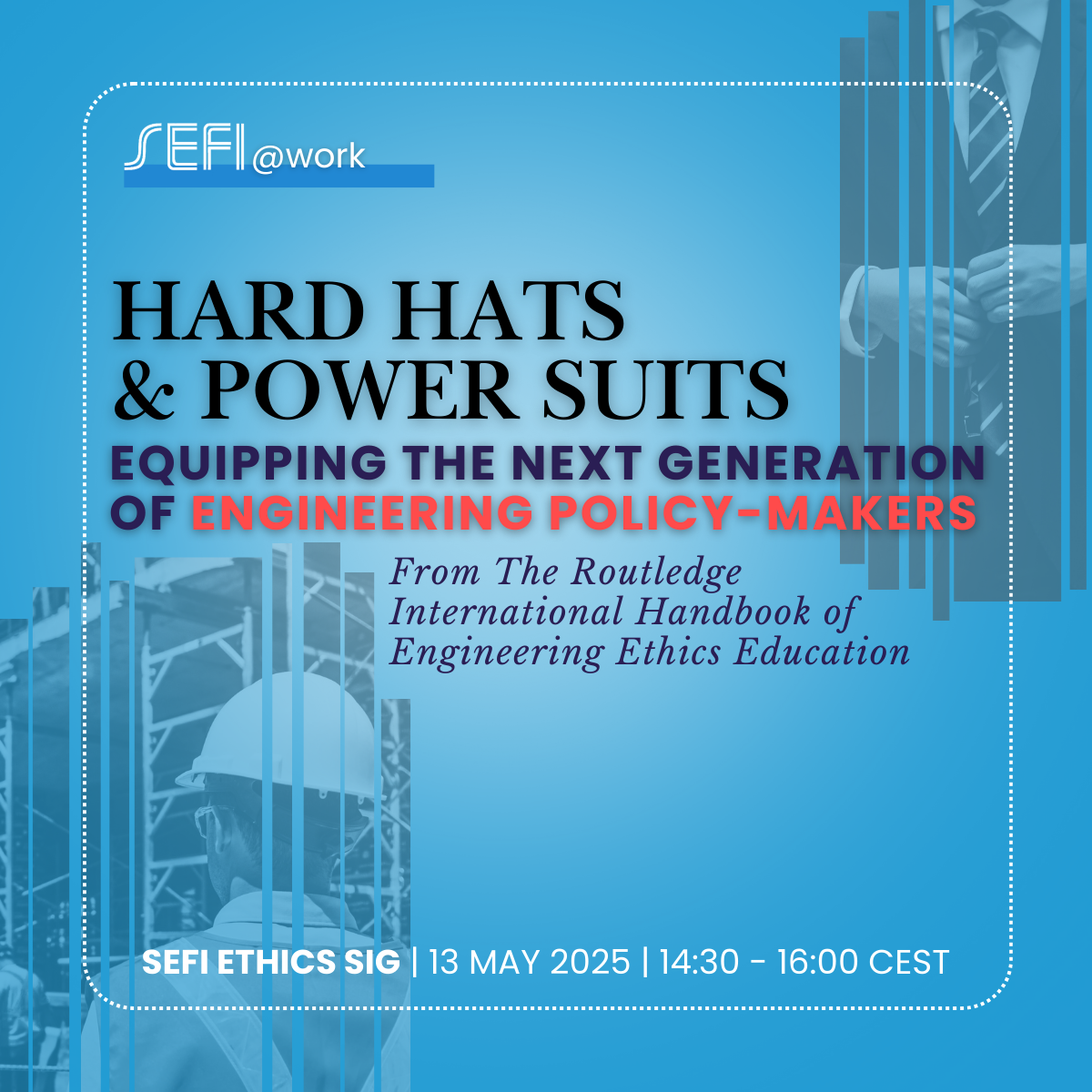4 June 2025
This webinar provides a unique opportunity to understand the relevance of identity in engineering education. The authors present three broad perspectives to describe identity conceptualizations.
News about the European Journal of Engineering Education
Submissions
During the academic year 2018/19, the journal had slightly fewer submissions than the past years, mainly because no calls for special issues were open during this time. There is also a small increase in regular submissions. See Table 1.
Table 1. Submissions to the European Journal of Engineering Education (excluding submissions of revised manuscripts).
| Academic year | 15/16 | 16/17 | 17/18 | 18/19 |
| Submitted manuscripts – regular | 197 | 218 | 212 | 228 |
| Submitted manuscripts – to special issues | 65 | 74 | 56 | 2 |
| Total submitted manuscripts | 262 | 292 | 268 | 230 |
New aims and scope
The current acceptance rate is just below 20%. It was lowered to this level in January 2018 (as the new editorial team took office), as a necessary adjustment to avoid exceeding the available space in the journal. But raising the threshold is also a matter of editorial policy. Editors must decide, supported by reviewers’ recommendations, which papers best earn a place and should be prioritised over other good papers. To reflect the current state of the journal and describe the new threshold in qualitative terms, a new Aims & Scope* was formulated. The two fundamental quality criteria are usefulness and scholarliness:
- Usefulness does not simply mean that the work reported was beneficial in the context where it was made, but that the paper can be useful to readers, be they educators or scholars in the field of engineering education.
- Scholarliness implies that a paper should be well-crafted and coherent, with a sound approach including awareness of existing literature.
These criteria apply simultaneously to all papers, though they can be fulfilled in diverse ways. As always, it is decided on a case-by-case basis which papers pass the threshold. We are truly grateful to the reviewers for applying their judgement to enact these criteria.
*) www.tandfonline.com/action/journalInformation?show=aimsScope&journalCode=ceee20 or see the back cover of a print issue
Special issues – new policy and call for papers
The new editorial team has formulated a new policy for special issues. The aim is to have one or two special issues per year, which should be state-of-the-art achievements of the field. A first call for papers was published in April 2019. The theme is “Early Career Engineers and the Development of Engineering Expertise”. Guest editors are Jeff Buckley, Athlone Institute of Technology, Ireland, James Trevelyan, The University of Western Australia, Australia and Christine Winberg, Cape Peninsula University of Technology, South Africa.
Format-free submission
The journal now uses format-free submission, which means that authors can use any scholarly style. Once a manuscript is accepted for publication, the publisher will format it to the journal style. See http://authorservices.taylorandfrancis.com/format-free-submission
Workshop for reviewers
At the SEFI2018 conference, we led the workshop “Reviewers, reviewers, reviewers!” together with editors of Journal of Engineering Education, IEEE Transactions on Education, and Nordic Journal of STEM Education. The workshop received enthusiastic feedback and helped us recruit several excellent reviewers. Following this success, workshops for reviewers and for prospective authors will be held at future SEFI conferences, and for instance at REES (Research in Engineering Education Symposium).
News in the editorial team
New Associate Editor
We welcome Jenni Case as new Associate Editor since January 2019. We invited her because of her sharp mind and outstanding scholarship, as well as her international experience, outlook and reach.
 Since 2017 Jenni Case is Head and Professor in the Department of Engineering Education at Virginia Tech, USA. She was previously in the Department of Chemical Engineering at the University of Cape Town, South Africa, where she attained full professor status in 2012 and remains an honorary professor. In 2011, she was a Mandela Mellon fellow at Harvard University. She was the founding president (2010-2013) of the South African Society for Engineering Education (SASEE). Her work focuses on the student experience of learning in science and engineering education.
Since 2017 Jenni Case is Head and Professor in the Department of Engineering Education at Virginia Tech, USA. She was previously in the Department of Chemical Engineering at the University of Cape Town, South Africa, where she attained full professor status in 2012 and remains an honorary professor. In 2011, she was a Mandela Mellon fellow at Harvard University. She was the founding president (2010-2013) of the South African Society for Engineering Education (SASEE). Her work focuses on the student experience of learning in science and engineering education.
Editorial board turnover
The journal wishes to extend heartfelt thanks to the following former board members for their support and efforts in the past:
- Akay, G. Augusti, A. Beraud, H. L. Hartnagel, B. Macukow, H. Mann, F. Michau, L. Mustoe†, P. E. Nüesch, G. Patko, M. F. Ramalhoto, H. Shihaby, A. Squarzoni, A. Stojcevski, and A. F. Zobaa.
New members in the Editorial Board:
- Shannon Chance, TU Dublin, Ireland
- Tinne De Laet, KU Leuven, Belgium
- Anne Gardner, University of Technology Sydney, Australia
- Ruth Graham, R.H. Graham Consulting Inc., UK
- Rui Lima, University of Minho, Portugal
- John Mitchell, UCL, UK
- Roland Tormey, EPFL, Switzerland
- Jan van der Veen, Twente University, Netherlands
- Patric Wallin, NTNU, Norway
Acknowledgements
On behalf of the journal, we wish to thank first of all the reviewers, who so generously contribute to the selection and improvement of every manuscript. We thank the authors whose high calibre work is what makes the journal. Finally, we gratefully acknowledge invaluable support from the teams of SEFI and Taylor & Francis.
EDITOR-IN-CHIEF
- Kristina Edström, KTH Royal Institute of Technology, Sweden
DEPUTY EDITORS
- Jonte Bernhard, Linköping University, Sweden
- Maartje van den Bogaard, Delft University of Technology, Netherlands
ASSOCIATE EDITORS
- Esat Alpay, University of Surrey, United Kingdom
- Jenni Case, Virginia Tech, USA
- Anette Kolmos, Aalborg University, Denmark
- Bill Williams, TU Dublin, Ireland
Contact: ejee.editor@gmail.com
Twitter: @EJEE_Editor


